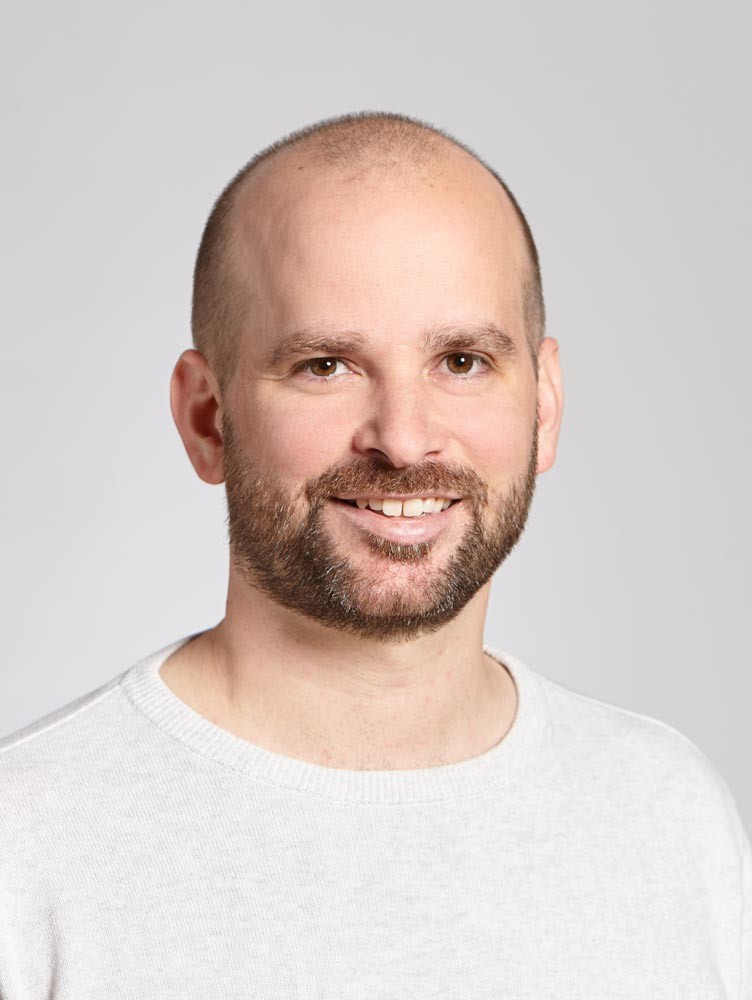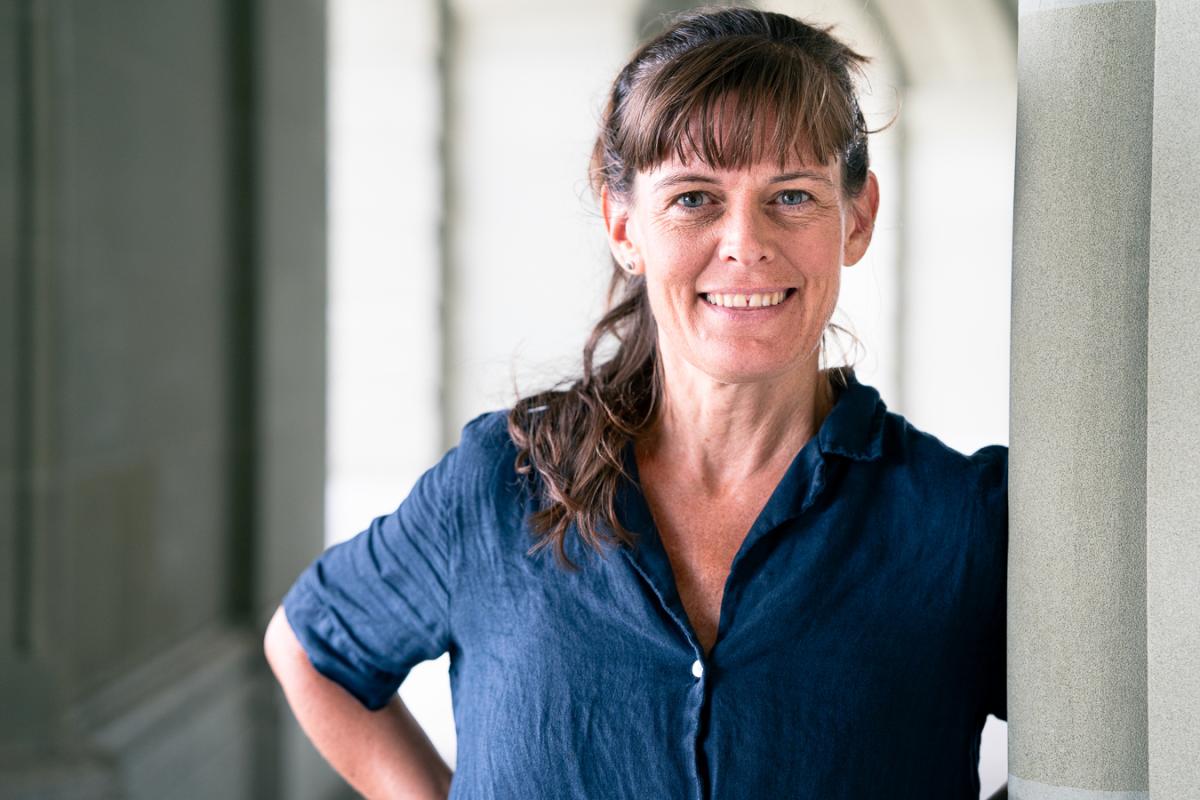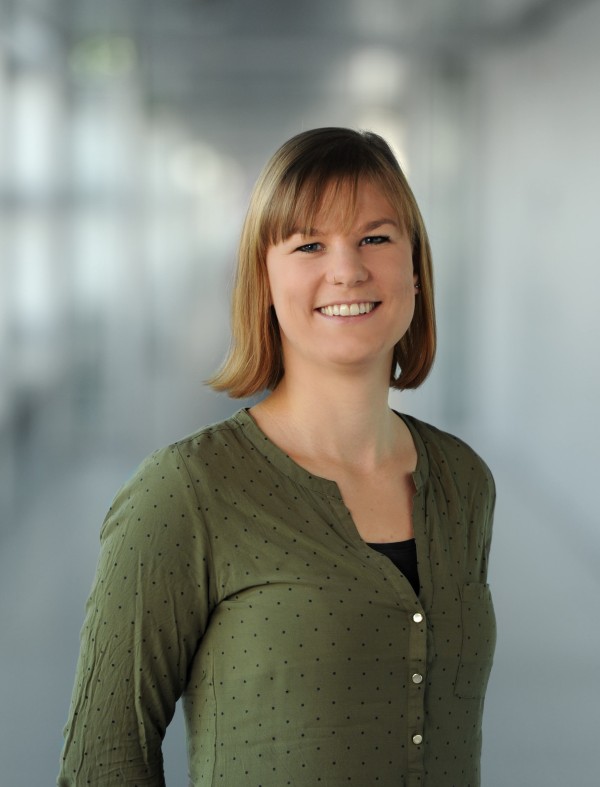Urban Essential Work
This research project, funded as part of the National Research Programme ‘Covid-19 in Society’ of the Swiss National Science Foundation (SNSF), examines non-healthcare urban essential work in Swiss cities. It consists of three key components:
- Interviews with urban essential workers to uncover their experiences, struggles, and policy demands during the pandemic;
- Interviews with Swiss decision-makers and experts to explore how they perceive and value urban essential workers and related policies;
- A public survey conducted in the ten largest Swiss cities to understand public perceptions of urban essential work and to evaluate measures aimed at improving the working and living conditions of these workers.
Introduction
The impact of the Covid-19 pandemic has been unequally distributed, depending on the resources and opportunities people have to cope with the pandemic. Intersectional burdens have been reproduced, as care and maintenance work have disproportionately fallen on women and migrants. Given the essential nature but low societal valuation of these workers, it is crucial to understand their experiences and demands as a foundation for developing more effective support policies.
In Switzerland and elsewhere, most so-called essential workers are low-wage employees in care and maintenance roles. They have faced greater economic hardship, job insecurity, and heightened health and mental health challenges during the Covid-19 pandemic. These workers were also more exposed to the virus, primarily due to their frontline roles and limited opportunities to work remotely.
This research project engages with urban essential work from multiple perspectives—those of non-healthcare urban essential workers, Swiss decision-makers and experts, and the general public. By bringing these perspectives together, the project examines the often precarious working conditions of urban essential workers and the potential mismatch between the policy support they receive and the critical labor they provide under difficult conditions. It also investigates how urban essential workers and related policies are perceived and evaluated, and how these perceptions may contrast with the lived experiences of the workers themselves.

The Project
This SNSF-funded research project engages with the following research questions:
- What are the experiences and struggles of non-healthcare urban essential workers during the pandemic and their corresponding policy demands?
- How do those experiences, struggles, and policy demands differ between diverse types of non-healthcare urban essential workers?
- How do decision-makers assess the need for policy support for different types of non-healthcare urban essential workers?
- In how far are measures to improve the working and living conditions of urban essential workers supported by the public?
To explore these questions, we conduct semi-structured interviews with four professional groups of non-healthcare urban essential workers—namely, public transportation drivers, daycare personnel, urban cleaning staff, and store clerks in Zurich, as well as daycare personnel in Lausanne. These are complemented by interviews with Swiss decision-makers and experts, focusing on the perceived need for policy support.
Additionally, a survey conducted in the ten largest Swiss cities aims to provide insights into public perceptions of urban essential work and attitudes toward policy measures addressing the often precarious conditions faced by these workers.
Survey
Survey on «Urban Essential Work in Swiss cities»
Financing
National Research Programme ‘Covid-19 in Society’ by the Swiss National Science Foundation
Duration
2023-2025
Publications
Testorelli, Florence and Peppino Müller, Peppino (2025). external page Have We Forgotten Our Urban Essential Workers? Blogpost NCCR on the move, March 2025.
Research Team
Project Lead
Deputy head of Inst Spatial and Landscape Development / Head of Network City and Landscape ARCH and BAUG
Raumentwicklung und Stadtpolitik
Stefano-Franscini-Platz 5
8093
Zürich
Switzerland

Researcher
Raumentwicklung und Stadtpolitik
Stefano-Franscini-Platz 5
8093
Zürich
Switzerland

Researcher
Raumentwicklung und Stadtpolitik
Stefano-Franscini-Platz 5
8093
Zürich
Switzerland
